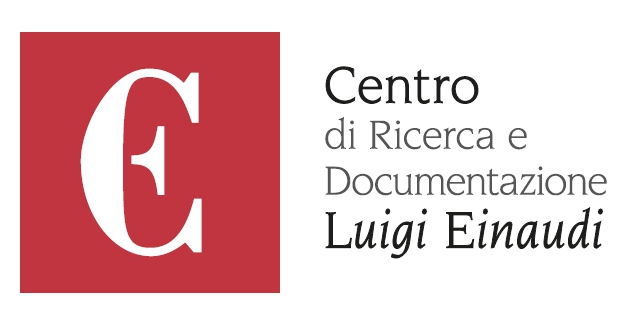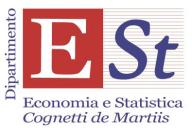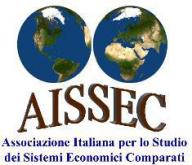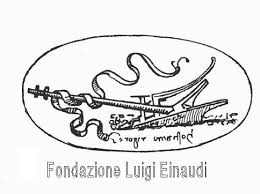EN
Edited by Elena Vallino, University of Torino and OEET
INTRODUCTION
By Giovanni Balcet, University of Turin and OEET
The “New Silk Road”, or “One Belt, One Road” (OBOR), is an impressive and long term policy initiative, launched by Chinese President Xi Jinping in 2013. It implies a new economic diplomacy in the Euro-Asian trans-regional arena, huge investments in infrastructures, international financial cooperation and deep expected impact on trade, foreign direct investments and economic growth.
However, the project remains vague in several areas, and it is not clear to which extent this initiative will shape new economic and power relations in Asia, Europe and globally, nor how key actors will react and adapt their strategies. The debate is open and different interpretations have been offered until now, addressing crucial issues. How will the OBOR initiative affect the global scenario following the new policies by the Trump Administration in the US, including the withdrawal from the TPP agreement? To which extent will it contribute to build an economic and political Chinese leadership in Asia? Will this initiative solve some of the overcapacity problems of the Chinese economic system?
This number of Emerging Economies proposes three contributions, based on a stimulating workshop organized by OEET and held in Turin on May 9 and 10, 2016.
Alessia Amighini introduces key notions and issues, in terms of connectivity, routes and volume of trade among the 65 countries directly affected by the OBOR initiative, switch from sea transportation to railway trade, trade creation and diversion.
Xavier Richet offers a deep interpretation of the Asian regional dimension of the OBOR initiative, focusing on the role of Russia and of the Central Asian former-soviet Republics, such as Kazakhstan. Cooperation and competition at the same time characterize the Sino-Russian relations in this area, involving infrastructure, trade, FDI and energy issues. Possible interactions between the OBOR initiative and the Eurasian Economic Union (EEU) are at the core of this problematic issue.
Wang Xieshu and Joel Ruet highlight the role of newly established financial institutions, such as the Asian Infrastructure Investment Bank (AIIB), founded in December 2015, and the Silk Road Fund (SRF), founded one year before, providing examples of their support to the OBOR initiative. The authors offer useful insights on the “China, EU and India triangle”, helping to appreciate the role in this field of the last country, the second Asian economic giant, usually neglected.
This number of Emerging Economies will hopefully help to improve and extend discussion among researchers and policymakers on these crucial issues.
Our activities
-
11th OEET Workshop Programme
Global Trade Shocks and Geopolitical Uncertainty: Implications for Food Security in Emerging...









